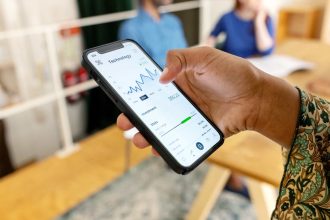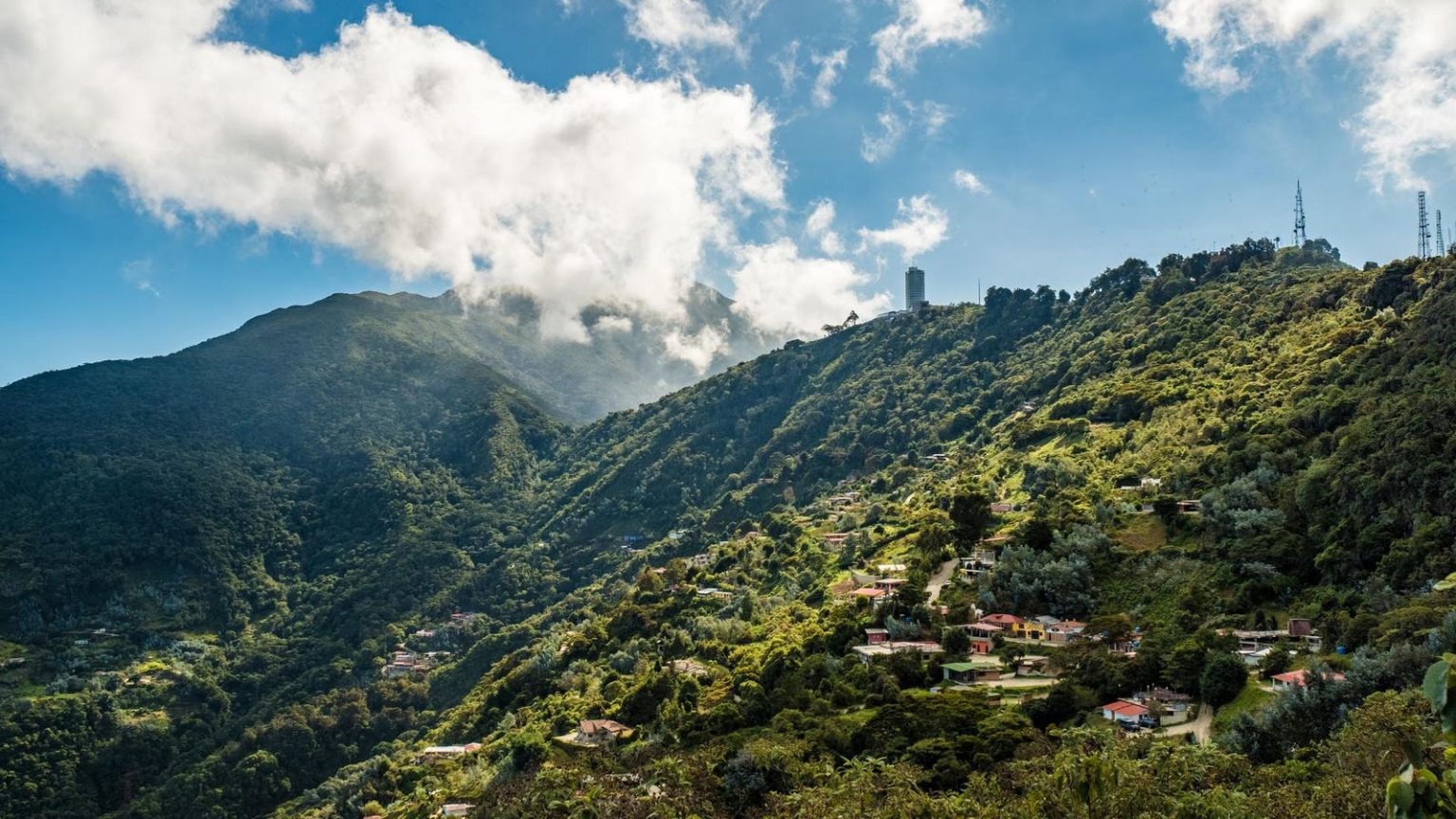Latest price data shows that oil traders are rushing in to buy Venezuelan crudes, as the discount has been reducing. This has been possible as the Biden administration introduced on October 18th crucial exceptions to the broad economic sanctions targeting the South American country. New licences on November 16th also reinforced expectations of an opening up, despite stagnation on the political front.
As of November 17th, Venezuela’s Merey crude sold at $65 per barrel in Mediterranean-bound shipments, and $64 for Asia-bound. That would be a $16-17 discount on the date, from the benchmark Brent crude. Before the general licences, the discount hovered around $35—all according to live data from Venergy Group, a local trading firm. This would mean that the discount has been reduced from around 30% to 13%; and while global oil prices have fallen in the last month, Merey crude is selling for roughly 30% more than before.
“Before sanctions, the usual discount would be $7 to Brent” says Reinaldo Quintero, president of Argos Energy Services and of the PETROPYMI business association. In October, he rightly pointed out Maurel & Prom’s capacity, as the French firm has now announced plans to increase production to 50,000 barrels per day. “There is a lot of movement here in Caracas. The hotels are full of traders that have flown in, from Europe, from India, from North America”.
Indian buyers are especially relevant in this case. They resent the Trump administration’s 2020 policy of targeting third parties trading with Venezuela. Sanctions on Iran, and their enforcement, are also likely to tighten given renewed conflict in the Middle East. And, Russian crude is not so cheap anymore: almost no Russian oil is sold below the $60 per barrel cap, according to the Financial Times. In fact, the Urals blend traded at an average of just over $80 for October.
On November 16th, the OFAC also announced additional licenses complementing those announced on October 18th. Licence 8M “gives explicit permission to operate to the firms that support Chevron’s
CVX
HAL
SLB
BHI
License 45A will explicitly allow for more transactions related to the state-owned airline Conviasa, which is being used to repatriate Venezuelan nationals. With the two additional measures, the Biden administration is reiterating where two of its priorities lie: oil and gas businesses and curving migration.
Sceptics of Biden’s policy have pointed out a lack of progress since the announcements made on October 18th. Capitol Hill sources argue that President Nicolas Maduro needs to show more “goodwill” towards the US by November 30th. For instance, it is not yet clear what will happen to US citizens detained in Venezuela or with opposition candidates not allowed to run for a public office.
However, we have already been in similar situations before. Negotiations between Washington DC and Caracas are currently being carried out in secret, and they are often accompanied by tough talk on both sides. The announcement on October 18th caught many experts by surprise.
The Venezuelan financial sector is gearing up for some form of reopening. On October 23rd, we saw the first issuance of debt into the Caracas stock market by an oil firm. Troil Services, which works with Chevron in the Orinoco Oil Belt, issued debt titles worth USD 62,500. The brokerage house Kairos Valores Casa de Bolsa said this was part of a wider programme to issue USD 600,000, with a one-year maturity. “In the past, there were some domestic energy firms in the stock market, such as Suelo Petrol, but that has not happened in the last 20 years” says Eleazar Jimenez, a brokerage house executive.
If the current licenses are extended and other restrictions are also removed, we could expect the discount to close in even further. This presents PDVSA with an immediate windfall, even before it is able to hike up production. It is worth noting that the firm, alongside the Venezuelan state, are effectively banned from issuing new debt by the US, meaning they can only use their own income to make investments.
The next logical step should relate to easing restrictions on debt. It will be essential for Venezuela to move out of crisis and into a sustainable recovery. Already on October 18th, the Biden administration removed the ban for US citizens to buy Venezuelan state and PDVSA bonds. Whoever sits in the Miraflores presidential palace will eventually have to negotiate with existing creditors, and access multilateral lenders and other investors.
Read the full article here





